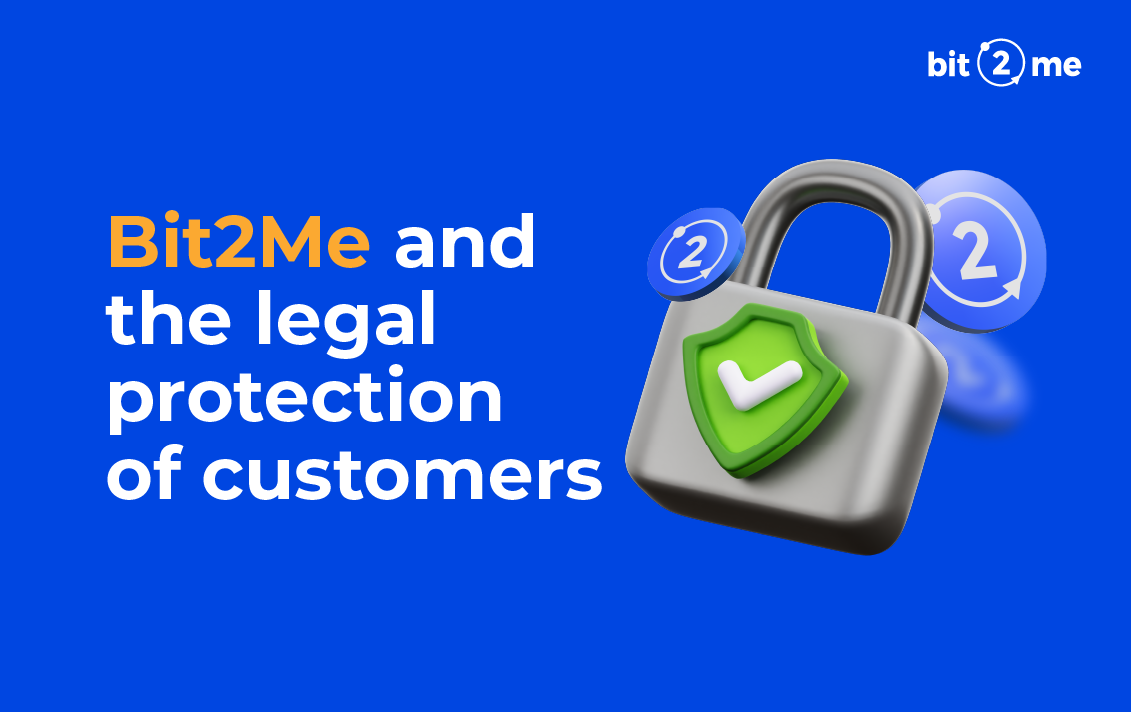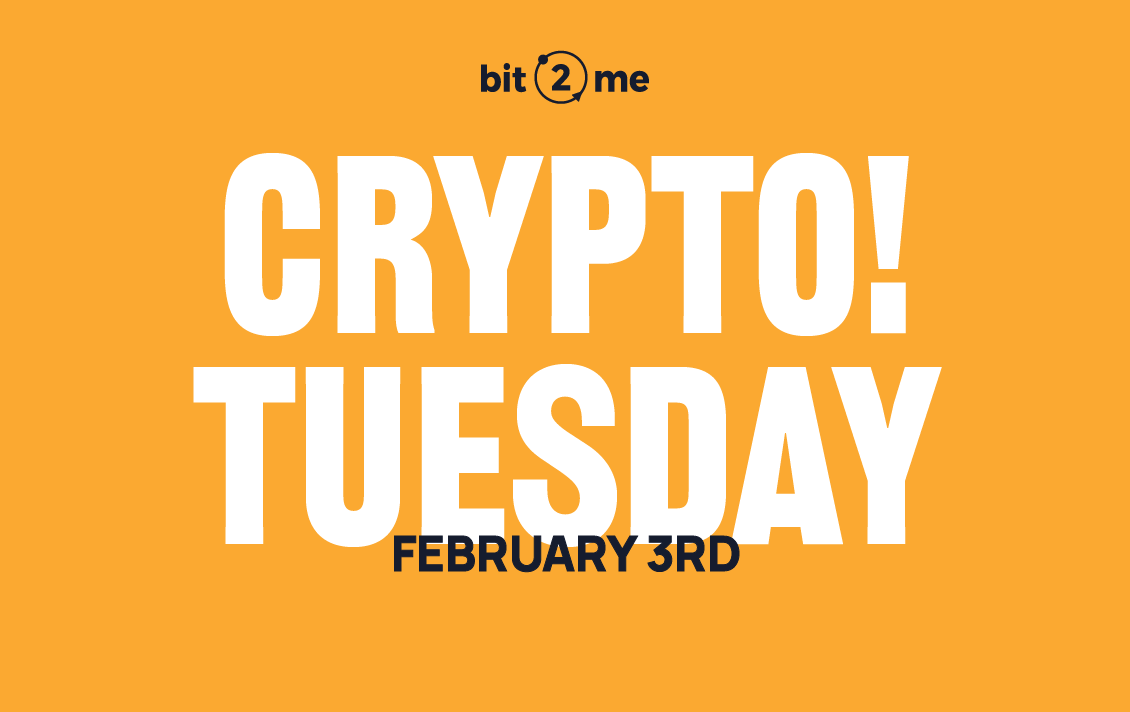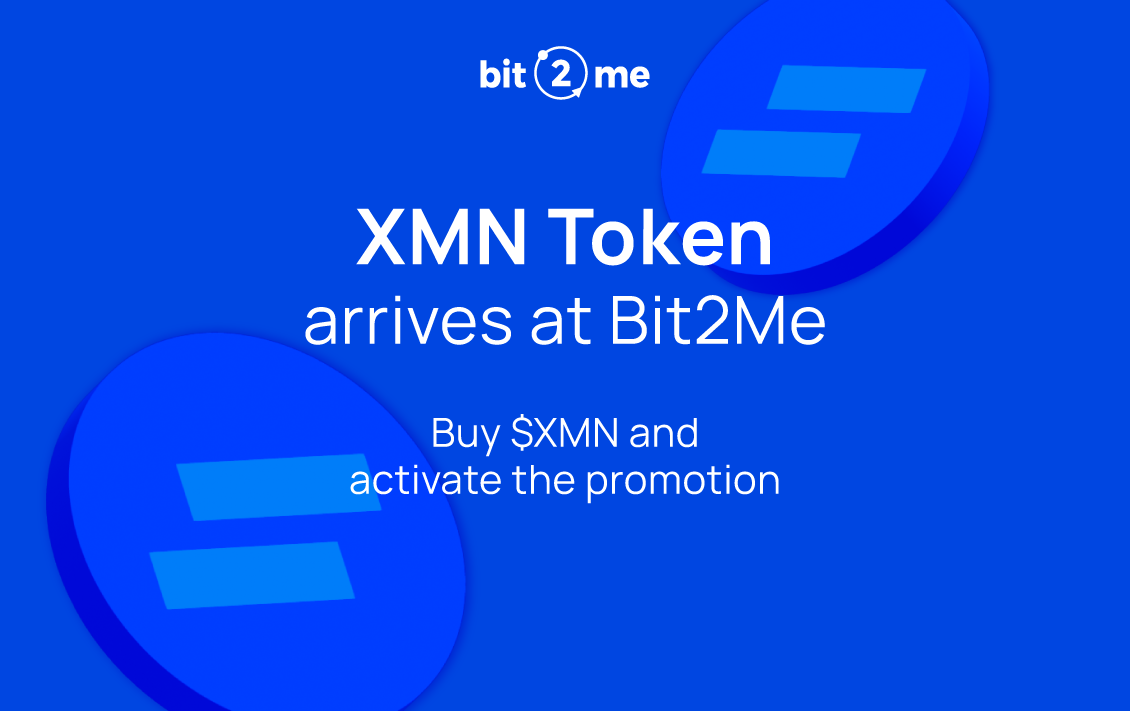The crypto industry is vulnerable to crises related to regulation and compliance. This is evident in current news headlines, with platforms violating regulations and facing lawsuits from regulatory agencies, causing uncertainty for their clients.
Similar to choosing a bank to operate with, selecting a cryptocurrency platform is crucial, and it must meet certain legal and regulatory protection requirements for clients. Opting for an exchange based in a tax haven, where they are not obligated to comply with any customer protection regulations, could lead to serious issues such as the loss or freezing of funds.
For these reasons, it is essential to thoroughly analyze all customer protection features before choosing the most suitable platform. Here are 5 customer protection factors that you cannot overlook:
1. Company Headquarters
Having a verifiable physical location that is not in a tax haven is crucial for transparency and user security. Bit2Me, for example, is based in Spain, a country with clear regulations and situated in Europe, which has one of the most transparent and crypto-friendly regulations—the MiCA Law. This helps avoid crises like the one affecting Binance due to unclear cryptocurrency regulations in a particular region.
2. Not Based in a Tax Haven
Many cryptocurrency exchanges that caused issues for their clients had their headquarters in tax havens. Companies in tax havens create unfair competition, as they are exempt from complying with regulations and enjoy special tax regimes, resulting in less fiscal pressure. This lack of regulation exposes customers to potential risks, as they won’t be covered by consumer protection regulations in case of any issues.
3. Pro-Consumer Regulations
When choosing a reliable exchange, it’s crucial that it operates in a jurisdiction with pro-consumer regulations. Bit2Me, based in Spain, ensures compliance with Spanish regulations and European consumer protection regulations, safeguarding the health, safety, and economic interests of European consumers.
4. KYC Regulation Compliance
KYC (Know Your Customer) processes are designed to meet standards in the banking and investment sectors, verifying a customer’s identity and the source of their funds. In Europe, MiCA Law mandates cryptocurrency exchanges to comply with KYC regulations for wallet usage, requiring users to verify their identities, similar to opening a bank account. KYC verification helps platforms assess user risk for banking services, preventing dangerous customers from compromising overall service security or the funds of other clients.
5. Public Accounts
Publishing a company’s accounts promotes a responsible and transparent image, demonstrating that it has nothing to hide. For instance, Bit2Me, headquartered in Spain, is obligated to publicly register annual accounts in the Mercantile Registry, allowing any citizen to access them. Public accounts also provide an economic and financial overview of the company, giving clients an insight into its financial health.
Bit2Me is fully committed to the legal protection of its clients, from having its headquarters in Spain to transparently publishing its accounts. The mission and vision are to become a trustworthy platform, ensuring that clients’ rights are always protected.
If you want to delve deeper into why Bit2Me is a trustworthy exchange, don’t miss this article where we analyze the factors that set us apart in areas such as consumer protection, security, and customer service.

 Author
Author


